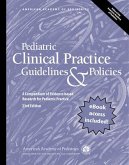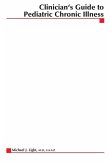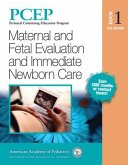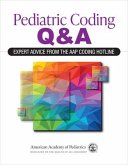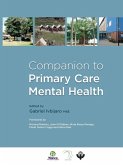In this approachable book, a pediatrician (Gillespie) and a psychologist (King) walk step by step through the transformational process of creating a trauma-informed practice. They address the debate over "ACE screening," and share how to prepare an organization for change, assess risks to relational health, support caregivers, use resilience-based interventions, and finally how to sustain a trauma-responsive practice. In the hands of Gillespie and King, what may seem like an overwhelming undertaking becomes one that we can--and must--undertake to fully support the health and wellbeing of children.
Hinweis: Dieser Artikel kann nur an eine deutsche Lieferadresse ausgeliefert werden.
Hinweis: Dieser Artikel kann nur an eine deutsche Lieferadresse ausgeliefert werden.


